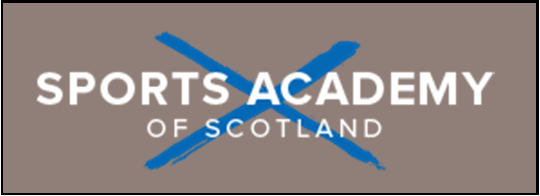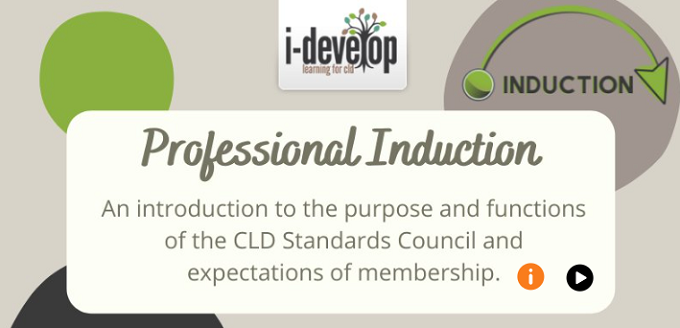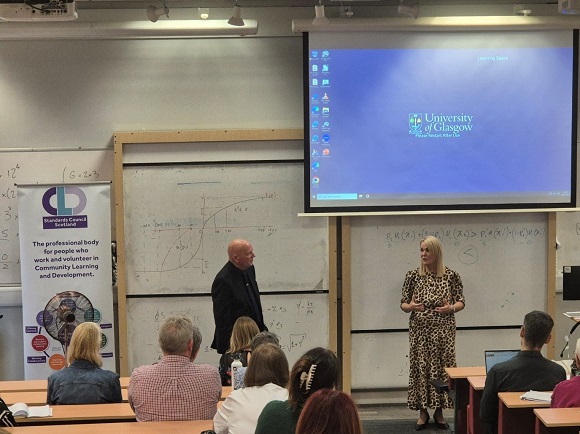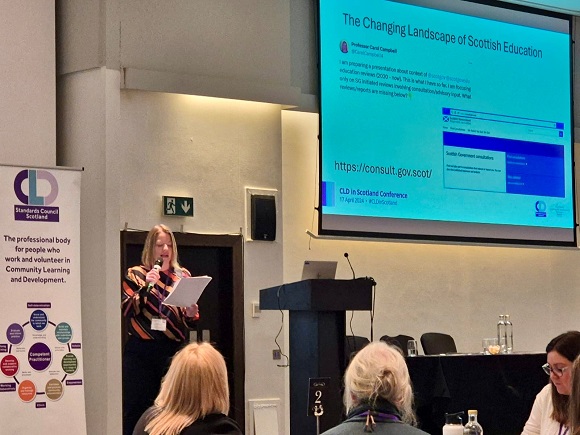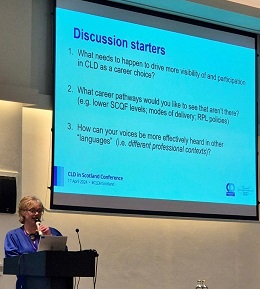If you are passionate about all things CLD and are interested in supporting
- developments around professional learning opportunities for practitioners and volunteers,
- approving qualifications and developing qualification pathways, or
- encouraging your peers to better understand the benefits and advantages of being a member of the CLD Standards Council,
Then we are looking forward to welcoming you as a committee member.
“It’s good to be part of the voice for CLD across Scotland and to help promote membership and feel you are making a difference.” Member of the R&M Committee
Changes to our Standing Orders have opened up more places on our committees, giving more CLD Standards Council members a say in how the organisation develops, so we are looking to appoint more members to all four of our committees. These are the Executive Committee, Approvals Committee, Professional Learning Committee, Registration and Membership Committee.
“Being a CLD committee member is a great way to work with practitioners across Scotland, and to support the future of CLD. Plus they are the best people – friendly and inspiring in their work and commitment to practice.”
Being a committee member offers opportunities for networking with peers from across Scotland as you debate, discuss and shape the priorities that will guide the direction of travel for the CLD Standards Council.
“Being a member of the PL Committee has played a part in my own CPD for many years. The opportunity to have an influence on strategic developments in professional learning and decision making has been invaluable. The networking and sharing of practice opportunities across all sectors have improved both my confidence and competence as a CLD practitioner who has a professional learning remit. I now have extremely useful contacts in terms of professional development across the breadth of CLD in Scotland.”
“Being on the CLD Standards Council Registration & Membership committee is both a genuine joy, pleasure and a great developmental opportunity for me. I am so grateful to the staff for their care, wisdom and support, and I love the amazing volunteer committee members who bring such diversity of skill and experience to the work we all do. We really are a learning community, a tribe …….and I appreciate how we help each other create a real sense of ‘CLD belonging’.”
If you want to know more about getting involved as a future committee member you can contact Ross for a chat (ross.martin@cldstandardscouncil.org.uk) or download an information sheet and application form below –
“Being on the PL committee given me a wider perspective of CLD and has provided a professional network that is so supportive. There are members who have been in place for a while, that are welcoming and have a wealth of experience that I would never have had access to. I appreciate the professional and personal value of being part of the team.”
Closing dates for applications will be Wednesday 30th April 2025, with an induction day planned for 27 June 2025.
Good luck!

